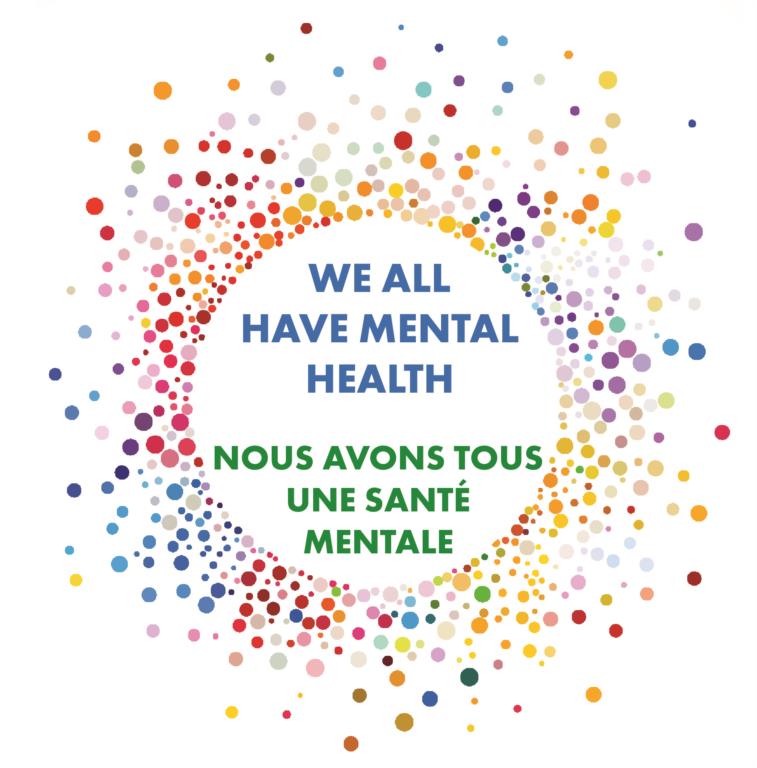 The impact of a stressful event can be immediate or delayed, and those affected directly or indirectly can feel a range of emotions and reactions.
The impact of a stressful event can be immediate or delayed, and those affected directly or indirectly can feel a range of emotions and reactions.
During stressful
events our reactions can affect us physically or emotionally. It can affect our
thinking.
You might have trouble
sleeping, eating, or paying attention. Many people have short tempers and get
angry easily. You may have strong feelings right away. Or you may not notice a
change until much later, after the crisis is over. Stress can change how you
act with your friends and family.
These are normal reactions to stress and it may take time before you feel better and life returns to normal. Give yourself time to heal. It's OK to NOT be Ok
Things you can do:
Focus on what needs to happen today. Try to:
- Spend time with family and friends
- Eat meals together.
- Help other people in your community as a volunteer. Stay busy.
- Accept help from family, friends, co-workers, or clergy. Talk about
your feelings with them.
- Children look to adults for guidance and comfort. It is important
to talk openly and honestly about what is happening. Try to explain the
nature of the problem in a way they will understand.
- Let children know they can ask questions. Be patient, with yourself
and everyone in your home.
- Try to limit exposure to what is being watched on television and on
social media.
- News coverage of certain emergencies can be distressing. Never
dismiss fears or anxieties.
- Reach out for support when needed.
When should I get help?
Sometimes we need to
get help from a health professional such as a psychologist, family doctor,
psychiatrist, social worker or nurse. Ask for help if you:
- Are not able to take care of yourself or your children.
- Are not able to do your job.
- Use alcohol or drugs to get away from your feelings.
- Feel extremely helpless.
- Feel sad or depressed for more than two weeks.
- Having thoughts of hurting self or others
- Think about suicide.
Where can I get help?
Residents and families
that live in Timiskaming can access community mental health resources available:
- The Kids Help Phone provides confidential 24/7 phone
(1-800-668-6868), Live Chat (kidshelpphone.ca) and text (text TALK to
686868) counselling support to children, youth and young adults.
- 211 connects callers to community, social, government and health service
information in our area
Online resources include:
Responding
to stressful events
Helping
children and teens cope with stressful public events
Helping
children cope
Helping
teens cope
Taking
care of ourselves, our families and our communities
VIDEO:
Coping and Healing After Tragedy
20240220/ko:nd